【FOCUS】Revitalizing Cultural Heritage in Cities
Today, we will focus on the theme of "City Heritage" and share innovative solutions from five cities. Without further ado, let’s learn about revitalizing cultural heritage with Guangzhou Award Secretariat!
Dhaka, Bangladesh
Saving Dhaka’s heritage
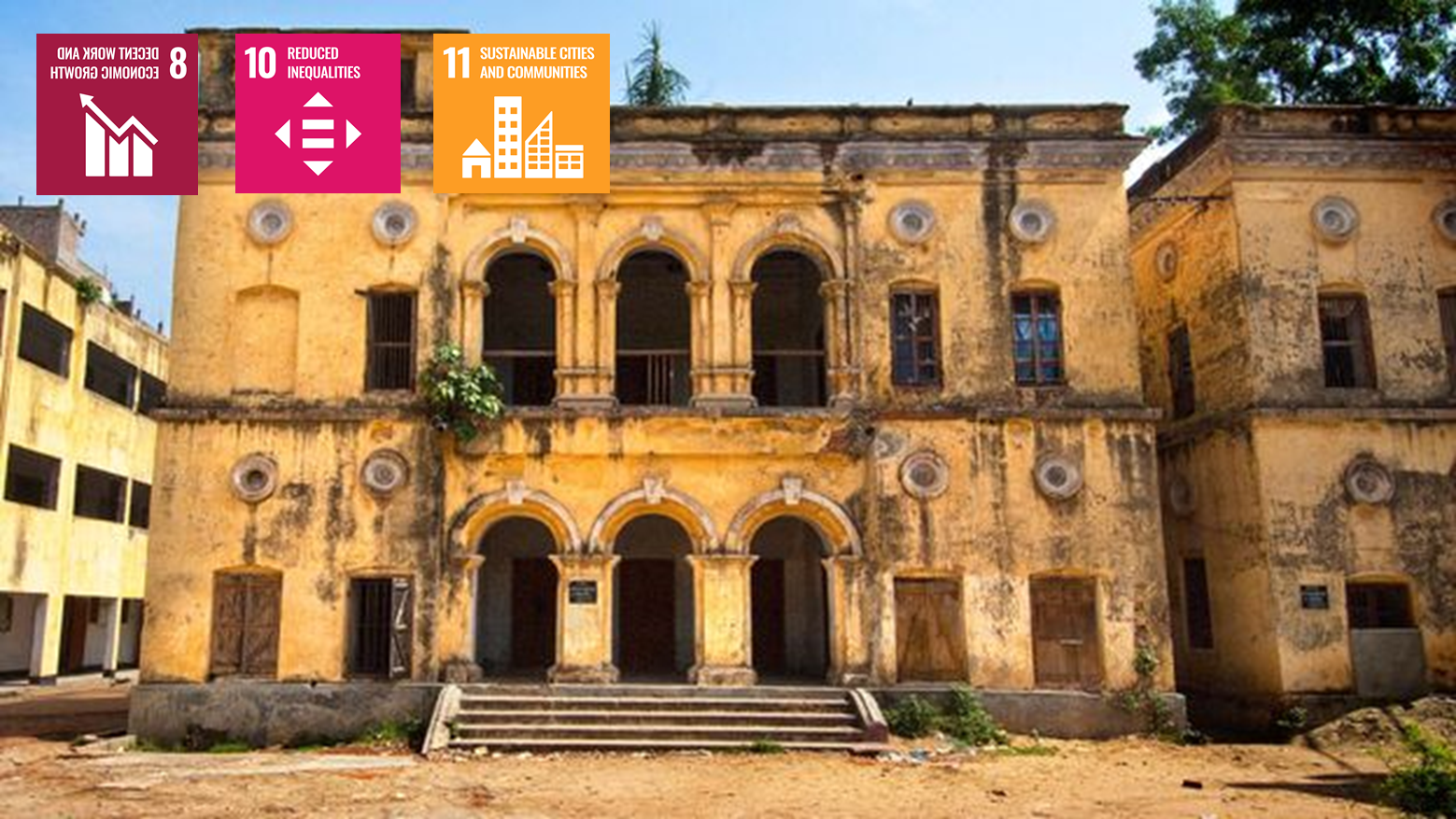
Islam, an architect, is the head of the Urban Study Group, a small band of architects founded in 2004 that are campaigning to save the cultural heritage of Puran Dhaka, the most historic area in the city. The group has documented some 3,000 heritage buildings in Puran Dhaka, most of which have fallen into disrepair and are in danger of destruction. To raise awareness of Dhaka’s heritage before it disappears, Islam runs two Urban Study Group walking tours a week for Bangladesh’s expatriate community and the rare tourist. A small donation of 500 taka is requested per person.
Check out to see more at:
http://www.bbc.com/travel/story/20110815-saving-dhakas-heritage
Phnom Penh, Cambodia
Protect the urban heritage of the "pearl of Asia"
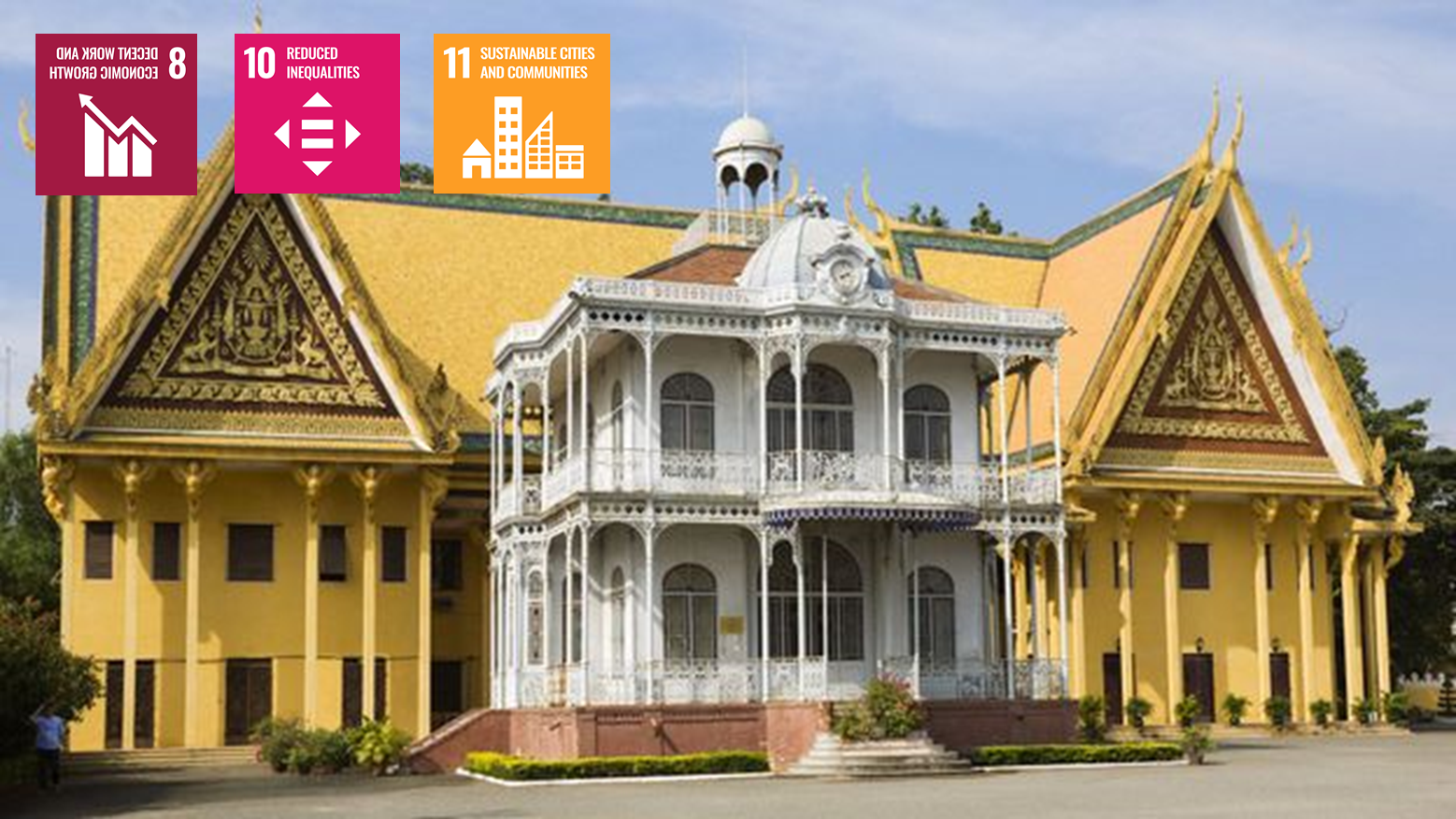
If the charm of a city is to be found in its architecture, then Phnom Penh is less alluring than it used to be. Its yellow-washed, green-shuttered, colonial-era buildings and angular, post-independence "new Khmer" architecture were both, rightly, renowned. They contributed to the low-rise elegance of the city, and even today’s travel guides and websites refer to Phnom Penh’s past as the “pearl of Asia”. But as land owners increasingly prize financial yield over urban heritage, the architecture is being lost. Architect Yam Sokly is involved in an effort to change that. He leads groups as part of Khmer Architecture Tours. The company offers tourists – and residents – a different perspective of Phnom Penh, one which may open their eyes to the treasures in their midst.
Check out to see more at:
http://www.bbc.com/travel/story/20110616-phnom-penhs-fast-fading-architectural-treasures
Shanghai, China
The regeneration of Shanghai’s Bund
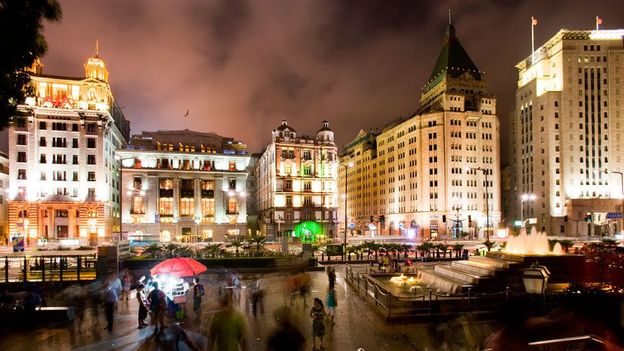
Today Shanghai is riding a second wave of success, spearheaded by China’s unstoppable economic rise, and the Bund, which has always been symbolic of the city’s rise and fall, is returning to its former glory. The Bund redevelopment project was awarded to Massachusetts-based firm Chan Krieger Sieniewicz, which also reworked the waterfronts in Detroit, Boston and Pittsburgh. The project included a widening of the river-facing promenade and a streamlining of the East Zhongshan thoroughfare. Today, the Bund is one of Shanghai’s tourism hot-spots, attracting millions of visitors every year. “The Bund is now one of the most opulent addresses in Shanghai,” Peter Hibbard, chairman of the Royal Asiatic Society in Shanghai said. “Many of the historic banking and customs headquarters have been turned into hotels, designer boutiques and high-end restaurants and bars.”
Check out to see more at:
http://www.bbc.com/travel/story/20111219-the-regeneration-of-shanghais-bund
Macao, China
Inheriting the 400-year-old marine culture
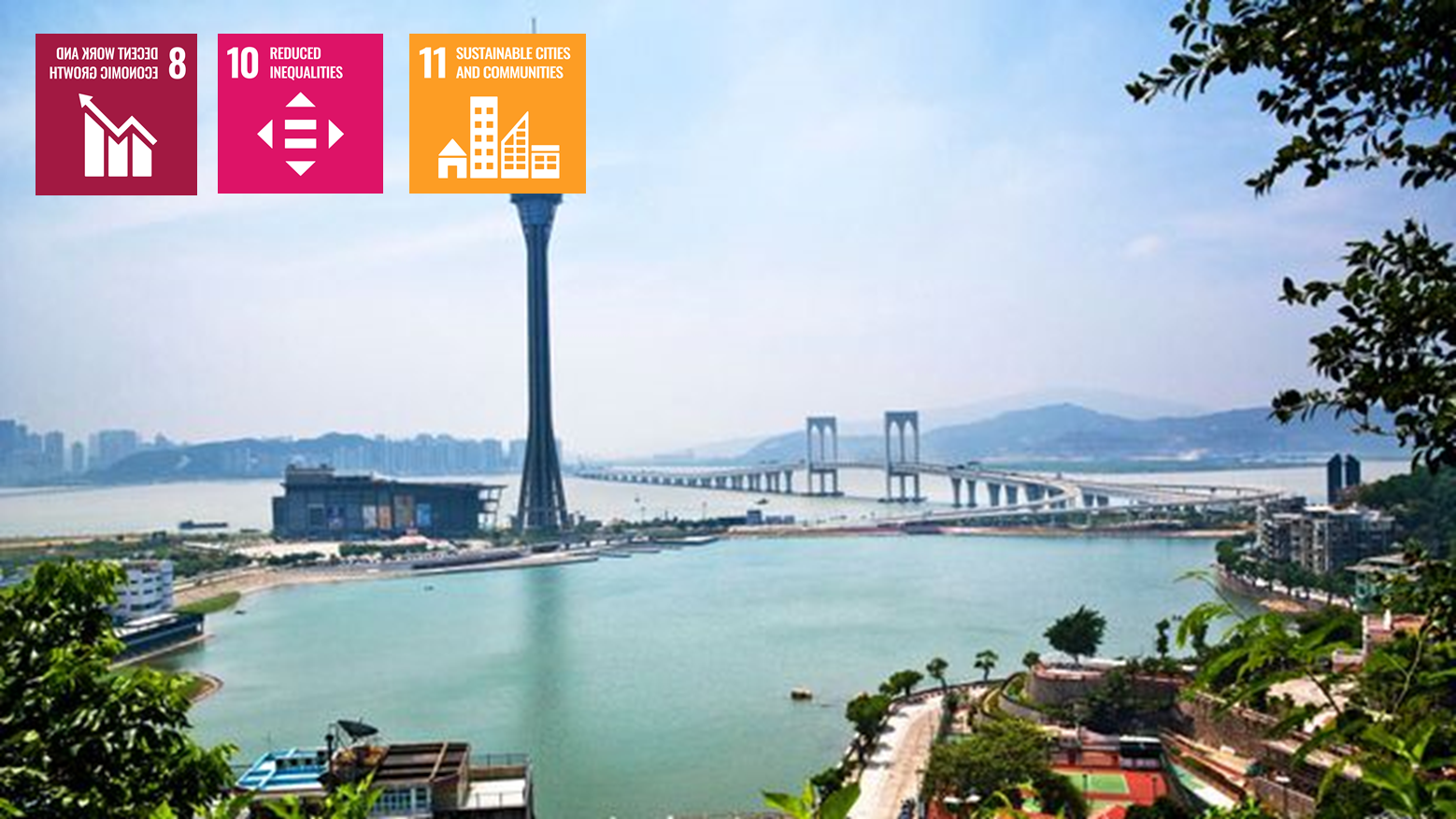
A 400-year-old port, Macau has long been closely linked with the sea. But the fishing and shipbuilding industries collapsed in the 1990s. Not only were the territory’s waters becoming increasingly polluted as China’s Zhujiang Delta began to develop, but Macau’s handcrafted wooden ships couldn't match the competitive prices from mainland China. Chan Yat Fung, president of the non-profit History and Culture Association of Port of Macau (HCAPM), agrees. “Macau city dwellers have largely lost that deep connection with the ocean,” he said. To celebrate this long legacy of shipbuilders and fishermen, the HKAPM organises shipbuilding exhibitions and tours of the inner harbour, and provides oral history and educational seminars.
Check out to see more at:
http://www.bbc.com/travel/story/20151110-preserving-macaus-seafaring-soul
Penang, Malaysia
Live the dream in Penang’s heritage hotels
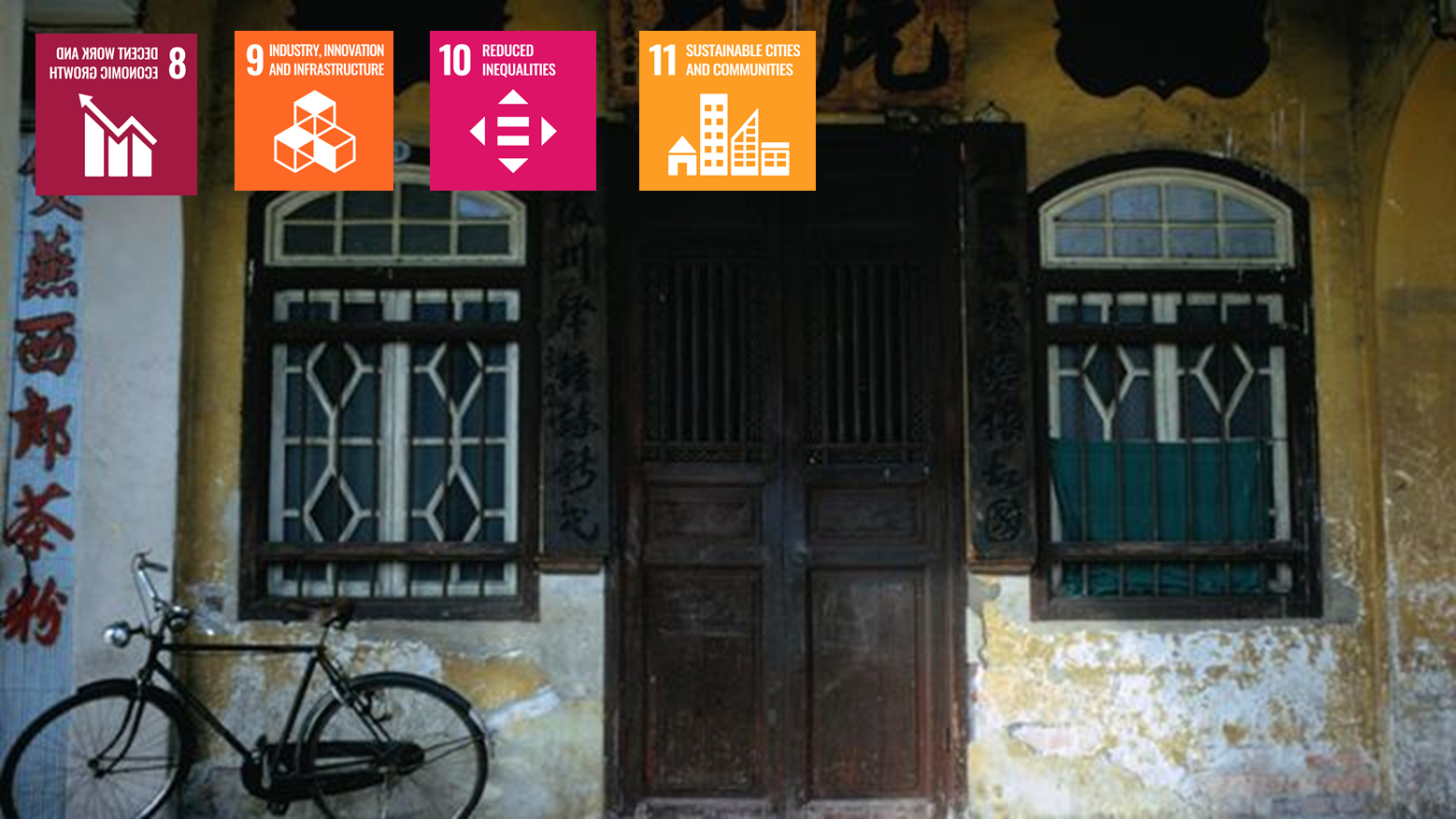
Georgetown, the capital of Pulau Penang (Penang Island) in Malaysia became a Unesco World Heritage Site in 2008, preserving an area that holds the largest number of pre-war buildings in Southeast Asia – louvered shop houses, white colonial buildings, gold leaf-encrusted Chinese temples and palatial mosques. Recently, savvy hoteliers have been buying up these old shop houses and homes and transforming them into fine boutique hotels. Just a few years ago luxury lodging in Penang meant a business hotel or the lovely but very high-end Eastern & Oriental Hotel - but now you will be spoiled for gorgeous heritage-style choices. Out on the streets or staying in your own aged revamped gem, the romance of East Asia has never been so easy to attain.
Check out to see more at:
http://www.bbc.com/travel/story/20110104-live-the-dream-in-penangs-heritage-hotels

(Editor: Eureka Shen)


 In Focus | World Cities Day: People-Centred Smart Cities
In Focus | World Cities Day: People-Centred Smart Cities City Stories | Fostering community resilience: A lifeline for the Central African Republic
City Stories | Fostering community resilience: A lifeline for the Central African Republic In Focus | Innovative Education, Empowering Futures
In Focus | Innovative Education, Empowering Futures




















 Tel: +86 020 3780 4434
Tel: +86 020 3780 4434 Email: info@guangzhouaward.org
Email: info@guangzhouaward.org Adress: Unit 01-7, 28th Floor, No. 7, Chunrong 3rd Road, Tianhe District, Guangzhou, Guangdong, 510000, PRC
Adress: Unit 01-7, 28th Floor, No. 7, Chunrong 3rd Road, Tianhe District, Guangzhou, Guangdong, 510000, PRC




